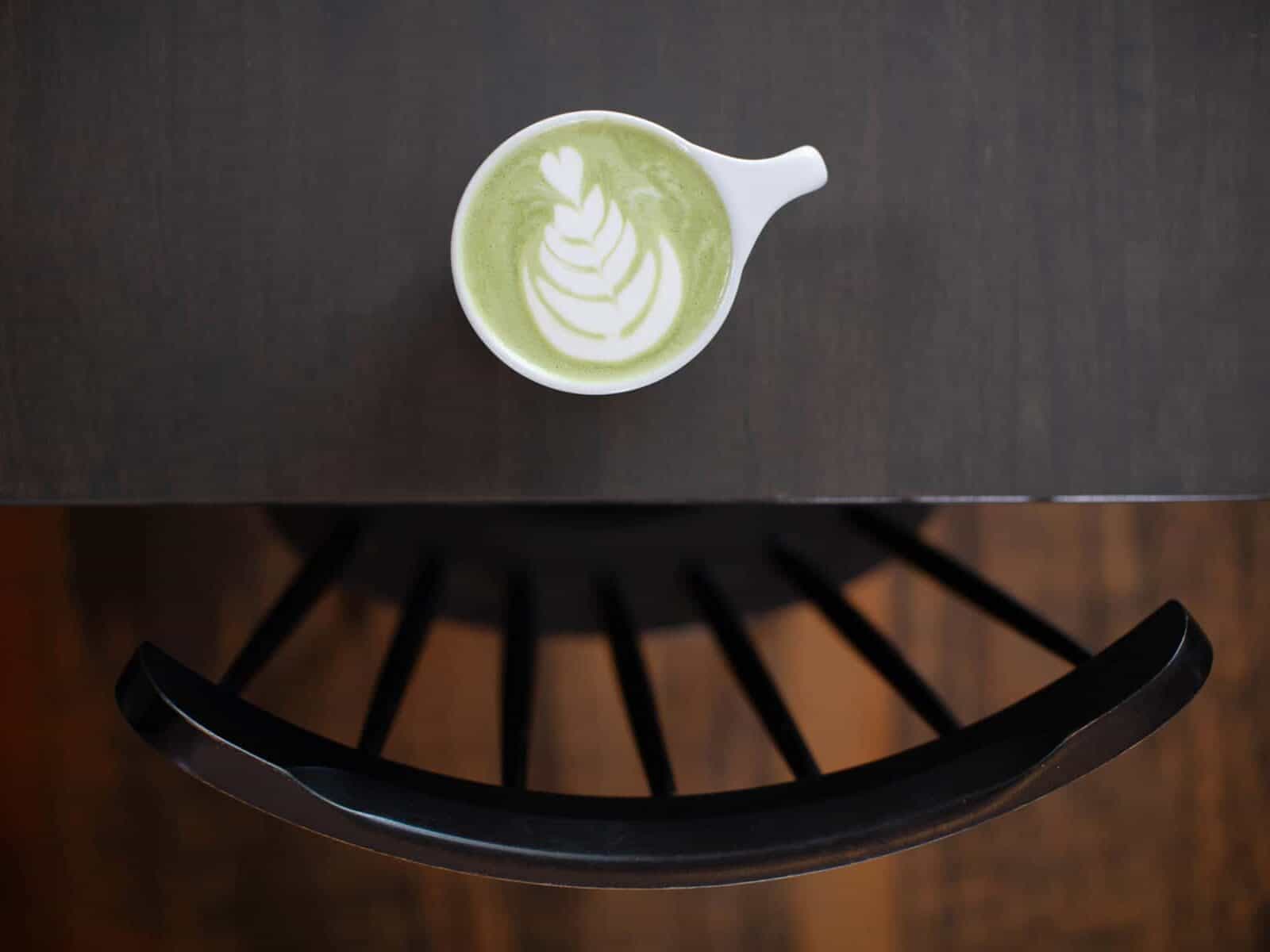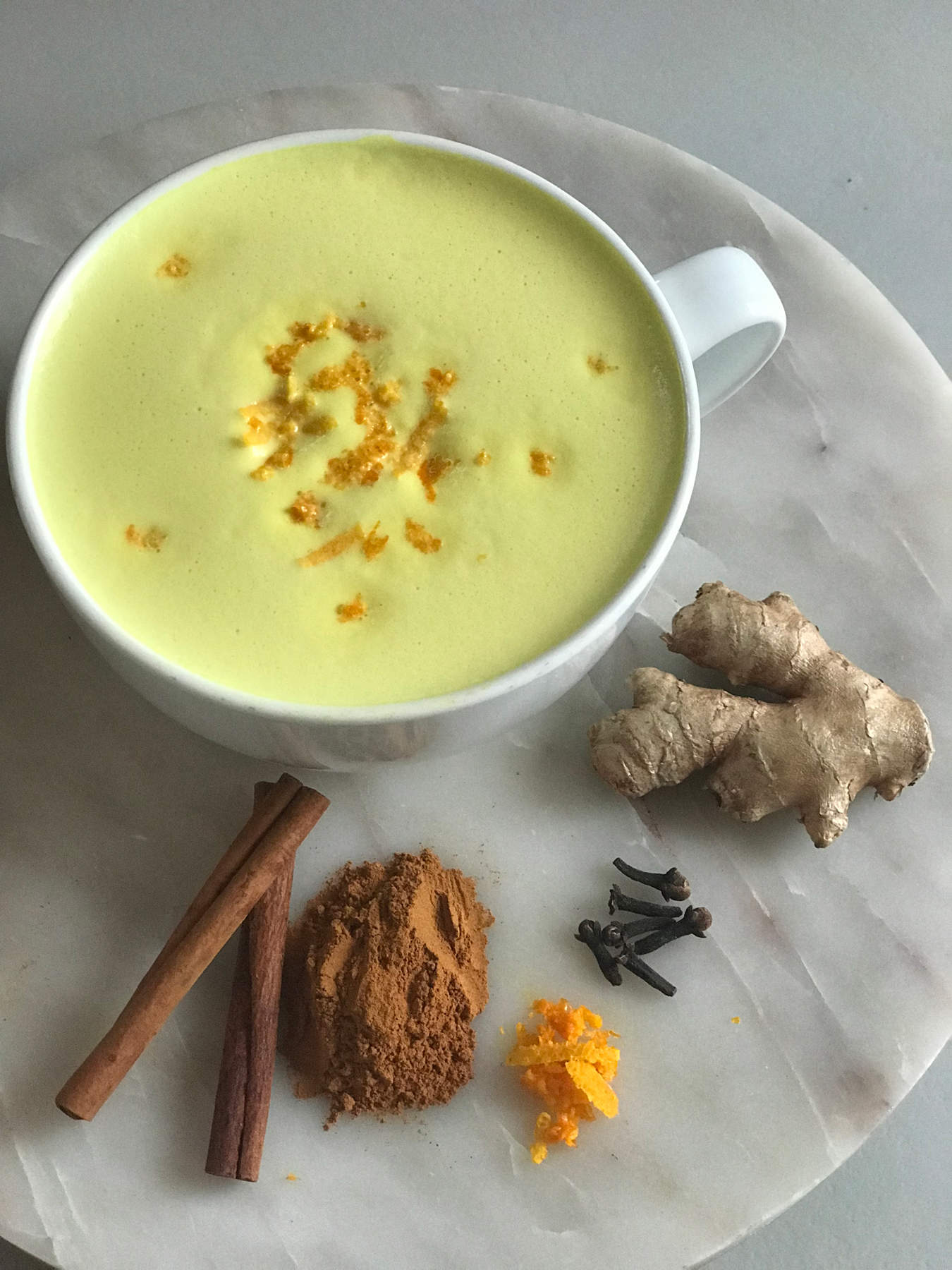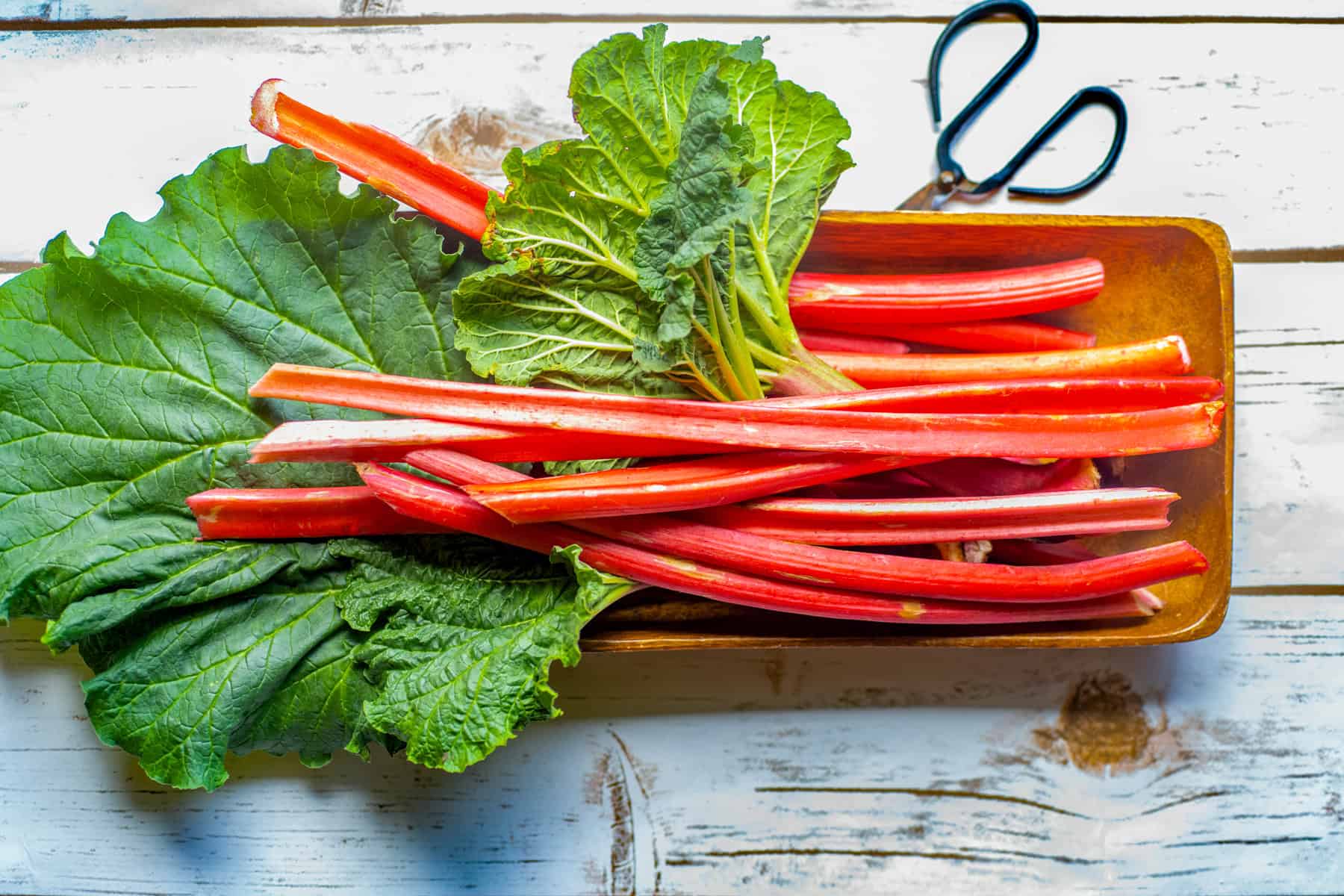By Deb Barracato // Photography by Kisa Koenig (Rise Coffee House)
—
* Full disclosure: Two cups of fully caffeinated dark roast coffee went into the writing of this article.
Music and laughter have both been called “a universal language,” but it may be the love of a morning cup of joe that actually draws Americans into an unspoken daily communion.
According to the National Coffee Association, an estimated two-thirds of our adult population drinks coffee daily, with the National Institutes of Health tracking notably few demographic variations. But more and more people are seeking out coffee alternatives—whether to avoid caffeine, boost health, or simply satisfy a taste preference—making room for a new crop of beverages on grocery store shelves and coffeehouse menus across the country.

“If you’re one of the people [who] coffee doesn’t work for, then there are many delicious and good-for-you alternatives,” says Jessica Vandenbroeke, founder of Healthy Being Café and Juicery in Jackson. Her menu includes a wide variety of black, green, and herbal teas, superfood lattes with organic dairy or homemade nut milks, and mushroom-packed brews. (Yes, mushrooms. Keep reading.)
The alt-coffee bandwagon might seem like a byproduct of the modern wellness movement, but people worldwide have been seeking alternatives since humans started cultivating coffee beans in Ethiopia during the 15th century. Coffee scarcity during World War II forced Italians to make the switch to roasted barley, and they still willingly drink caffé d’orzo today for its toasty, nutty flavor. A caffeine-free alternative, barley coffee might be your new go-to if you cherish the brewing ritual but want to avoid the jitters. You can use any standard coffee preparation method—countertop drip, fancy espresso machine, French press, pour over, or moka pot. In Italy, it’s a popular evening dessert choice, even among those who also love their espresso. Though café d’orzo hasn’t caught on at coffee counters stateside, several grocery stores in the Tetons carry an instant version (find it in the coffee and tea aisle), while online retailers and specialty stores stock numerous varieties suitable for brewing. Search for the Crastan, Orzo Buono, or Worldwide Botanicals brands.
Perhaps even more like coffee (and often brewed together with coffee for a “café au lait,” in typical New Orleans-style), chicory stands in as another option for a caffeine-free hot beverage. An herbaceous weed related to dandelions, chicory traveled across the Atlantic with French colonists, explaining its long history in Creole cuisine. The strong, bittersweet flavor of the roasted root provides a good backdrop for warming spices, such as cinnamon, clove, and nutmeg, for a chai-like concoction. The readily available Teeccino brand reads like a Dunkin Donuts lineup, with flavors such as French vanilla, chocolate raspberry, almond amaretto, and caramel nut.
Matcha, a fine powder produced mostly in Japan from shade-grown green tea, offers a caffeinated choice with a concentrated dose of the antioxidants found in loose leaf green tea. It also contains L-theanine, an amino acid shown in studies to reduce stress and prevent the caffeine jitters and crash that some people experience with coffee. Kisa Koenig, owner of Rise Coffee House in Driggs, serves a standard matcha latte with steamed milk, but she also makes a matcha lemonade for summer sipping.

Koenig thinks the actual beverage matters less than the social benefits. “People ‘meet for coffee’ not to just drink espresso,” she explains. The ritual “serves the function of slowing down our fast-paced lives and allows us to be more present, with ourselves and with others.” She recommends many alternatives, including her “hands-down” favorite: golden milk. She describes it as “delicious, comforting, and incredibly healthy,” with the anti-inflammatory combo of turmeric and black pepper, plus fresh ginger, orange peel, and warming spices in steamed milk.
And now onto mushrooms …
With nearly as many blends as Rhône-style wine, the “new” adaptogenic beverages—which call on thousands of years of wisdom from Eastern medicine—combine beneficial herbs and mushrooms, sometimes with actual coffee, and often with an underlying message of sustainability, social responsibility, and wellness.
Common brands such as MUD/WTR, Rasa, and Four Sigmatic contain mushrooms such as lion’s mane, cordyceps, chaga, skiitake, maitake, and reishi used in Ayurveda for their antioxidant, immune-strengthening, anti-inflammatory, anti-aging, and cognition-enhancing properties. Propriety blends may also include black tea, barley, chicory, burdock, cacao or carob, dandelion, ashwagandha, turmeric, and other botanicals. The adaptogens in these elixirs can help reduce the negative effects of stress, improve mood, and boost energy. While not necessarily caffeine-free (look for coffee, black tea, and cacao in the ingredients if you want to completely avoid it), they all claim to support the sympathetic nervous system.
“People ‘meet for coffee’ not to just drink espresso.” The ritual “serves the function of slowing down our fast-paced lives and allows us to be more present, with ourselves and with others.”
— Kisa Koenig, owner of Rise Coffee House
Taste profiles range from malty to nutty to chocolaty to a butterscotch flavor. Many carry an unmistakably earthy essence from the mushrooms; the fewer the ingredients, the more this comes through. Cacao-forward blends such as MUD/WTR make satisfying iced beverages, while Four Sigmatic and Rasa both infuse traditional coffee with mushroom extracts, marketing it as coffee that supports focus and concentration with sustained energy, rather than a caffeine jolt.
Jennifer Rowntree, of Driggs, who studied mycology and was formerly an independent distributor of medicinal mushroom products, explains that, for her, the adaptogenic properties of the mushrooms counteract the unwelcome effects of caffeine, which can make her feel jittery, cause her heart to race, and result in a quick crash. She loves the taste of coffee, but stopped drinking it for many years because of this. She started enjoying it again when she discovered a brand of high-quality instant Arabica coffee with mushroom extracts about nine years ago.
“When I drink this coffee, as opposed to a regular cup of coffee, instead of being hit with a baseball bat, I get bonked with a down pillow,” she says. “It’s definitely a boost. It wakes me up, and I feel more focused, but I don’t get the jitters and racing heart.”
She emphasizes the importance of choosing quality organic products containing “mushroom extracts,” rather than “mushroom powder” or “ground mushrooms.” The latter may contain chitin, a substance found in the cell wall of fungi, which, unless it’s cooked, is not easily digested by humans. So, consuming raw mushrooms can cause gastrointestinal distress, while also preventing the absorption of their beneficial compounds.
Vandenbroeke agrees on the importance of quality products. “Be sure the brand you’re buying is sourcing the mushrooms and herbs ethically and not adding fillers and other junk,” she cautions. She recommends Anima Mundi and Host Defense as a couple of trusted favorites.
At Healthy Being, her menu includes a matcha latte and an adaptogenic Rasa latte made with cacao (containing five milligrams of caffeine per cup), or the caffeine-free herbal original. She also blends a mix of adaptogenic mushrooms with Doma coffee, an ethically sourced product, for a wellness boost.
Unless climate change wipes out crops worldwide, coffee is probably here to stay. Beau Jacoby, owner of Barrels and Bins in Driggs, says people who want the alternative products search them out (he stocks them alongside his wide selection of teas), but sales of conventional coffee beans and products still far outpace the alternatives.
With the variety of options available, it doesn’t have to be an either/or—coffee comes with its own health benefits and many people feel fine after drinking it. Still, no matter your beverage of choice, local baristas want you to enjoy both the physical and mental wellness boost that comes from a delicious and healthy drink enjoyed with friends.



